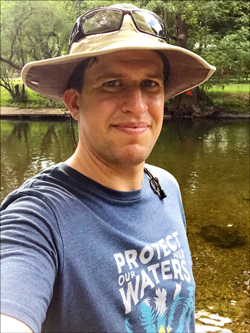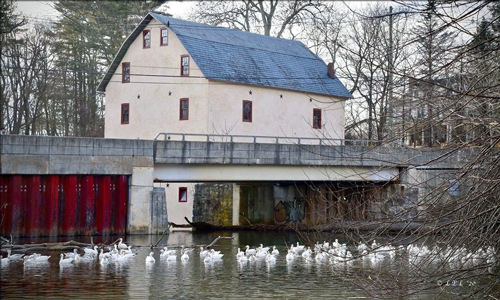“Geography is where history happens” -Mr. MacGinnis, History Teacher, North Hunterdon High School
Where people settle down and what they use the land and water for is often driven by geography. Rivers like the Delaware provided easier navigation and were important trade routes for Native Americans and Europeans. For smaller tributaries to the Delaware, like the Musconetcong River, where water navigation was more difficult, life was different. Glaciers, mountains, gorges, and mud were formidable transportation barriers. Swift moving water also provided the hydropower for small mills and those muddy, high-quality soils continue to be a boon to agriculture. Conquering the mountains also meant new transportation innovations, such as inclined planes for the Morris Canal, and tunnels for railroads. Many of these changes are represented in how the village of Asbury, the home of the Musconetcong Watershed Association, developed and keeps evolving. Join us on an exploration of how human land uses changed "up river", on the Musconetcong, and how those same geographic features influence life today.
Bio
 Alan R. Hunt, Ph.D., serves as the Musconetcong Watershed Association’s Director of Policy and Grants. This role includes acting as the River Administrator for the Musconetcong Wild and Scenic River and managing restoration and adaptive reuse for the Historic Asbury Mill. Currently, the MWA is developing its first Musconetcong Scenic and Recreational River National Park Service brochure, a watershed-wide interpretive plan, and is beginning the interpretive planning and exhibit design phase for the Asbury Mill’s Interpretive Center. As a native to the watershed, and growing up on a third-generation family farm, Alan’s perspective on people’s interaction with the land and water greatly inform his work, laying a foundation for how and why ecological restoration benefits water quality, wildlife habitat, and recreation
Alan R. Hunt, Ph.D., serves as the Musconetcong Watershed Association’s Director of Policy and Grants. This role includes acting as the River Administrator for the Musconetcong Wild and Scenic River and managing restoration and adaptive reuse for the Historic Asbury Mill. Currently, the MWA is developing its first Musconetcong Scenic and Recreational River National Park Service brochure, a watershed-wide interpretive plan, and is beginning the interpretive planning and exhibit design phase for the Asbury Mill’s Interpretive Center. As a native to the watershed, and growing up on a third-generation family farm, Alan’s perspective on people’s interaction with the land and water greatly inform his work, laying a foundation for how and why ecological restoration benefits water quality, wildlife habitat, and recreation
Please enjoy the video of Dr. Hunt's presentation below.



